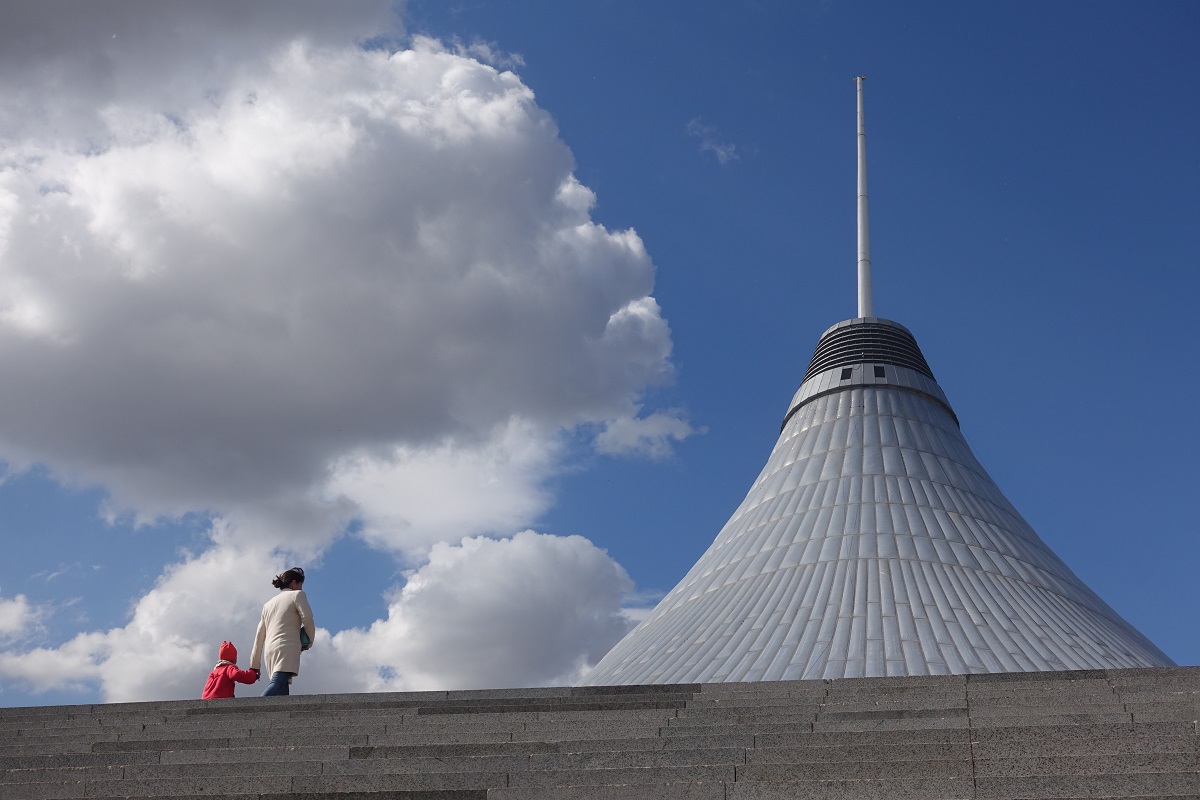The future of democracy in Central Asia
Scholar Anna Matveeva's analysis of the fast-growing authoritarian trend in all five countries of the region: from the "January of Blood" in 2022 in Kazakhstan to the increasingly harsh restrictions on freedom of information in Kyrgyzstan. More than changes in the political system, it is the variants of "modernizing the economy" of the Asian giants that are imposing themselves.
Astana (AsiaNews) - In its assessment of what happened in 2023, the Cabar.asia website has collected the comments of an expert on politics and security in the post-Soviet space, the researcher from the Royal College of London Anna Matveeva, regarding the tendencies of authoritarian regimes in Central Asia and the mutual influences between them in the post-pandemic period and in the face of ongoing wars.
Starting from Kyrgyzstan, it seems that there is little hope for a democratic future in the region: after 2020, the consolidation of the power of President Sadyr Žaparov has taken on more repressive forms even in the new rules of legislation, with various actions of force even outside of legal boundaries, the contrast with civil society and independent media. Even Tajikistan after the revolts in Gorno-Badakšan, and Uzbekistan after those in Karakalpakstan, do not give much hope for progress in this direction.
Kazakhstan seemed to be the most convinced in the transition from the regime of Nursultan Nazarbaev to the progressive openings of Kasym-Žomart Tokaev, but the events of the "Bloody January" of 2022 brutally interrupted this path of democratic evolution.
Matveeva observes that these countries are usually very refractory to external influences, having locked themselves into very self-referential regimes after the end of the USSR.
The problem, the expert points out, is also that "the authoritarian trend is growing all over the world, and the democratization of the 90s has now taken a backseat". Authoritarian tendencies do not necessarily mean the establishment of real dictatorships, but a "variety of models aimed at the total control of power by a small ruling group".
If until a few years ago these variants were considered "deviations from the Western concept of democracy", today they are accepted as "local paths of democratic development", and the countries of Central Asia claim this type of autonomy.
More than changes to the political system, the variants of "modernization of the economy" of Asian giants such as China, Singapore, partly also South Korea or Japan, where the State leads the economic transition in name of "national strategic interests" and "citizens' needs", avoiding imposing only the interests of the castes in power, which are always very deep-rooted, as demonstrated by the difficulty in Kazakhstan in definitively overcoming the control of the "Nazarbaev family" over the entire country. 'economy.
In this economic redefinition, the five Central Asian countries differ greatly from each other. Kazakhstan can count on greater resources and infrastructure, which allow it not to depend too much on the tax system, and the legacy of these thirty years, although under the control of the current regime, allows for greater diversification in participation in the entire political and social system .
Tajikistan, on the other hand, is at the bottom of the group for living standards on the poverty line, while Turkmenistan sees an excess of distance between the splendor of the ruling class and the poverty of the mass of the population.
Uzbekistan is described by Matveeva as the "champion of hypocrisy", in which the power represented by Šavkat Mirziyoyev tries in every way to "show itself open to confrontation with the whole society, to take all criticism into high consideration", wanting erase the memory of the cold Soviet bureaucracy.
A similar dynamic is also taking place in Kyrgyzstan, with a strong contradiction between the openness to dialogue with everyone and the increasingly stringent limitations on freedom of information.
In the years following the end of the USSR, Kyrgyzstan represented the model that the Russian expert from London calls "the system of collective irresponsibility", in which it is not clear who is responsible for what.
Now even in Bishkek we align ourselves with the ambiguous authoritarianism of ruling classes based on the idea of "democratic control", in different forms and linked to "national culture and traditions", gray and asphyxiated as in Tajikistan, "modernist" in Uzbekistan or particularly folkloristic in Turkmenistan.
The Kyrgyz are showing an example of this strange development that is more external than real, with the great discussion on the number and shape of the sun's rays on the national flag, more straight or more oblique depending on the tastes of the "new democracy".
11/08/2017 20:05







.png)










